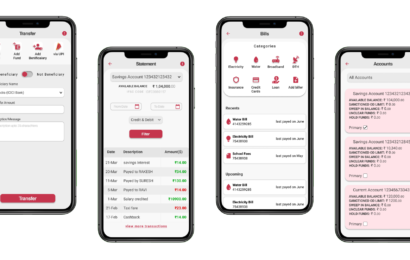If you want assured returns on your investments, a fixed deposit (FD) is one of the most popular choices. Another option that you may consider is fixed maturity plans (FMPs). These are close-ended debt funds offered by mutual fund houses and can be a good option to include in your investment portfolio.
You may be confused about which of these two alternatives is better. Before making this decision, understand both these products:

FDs
Banks and non-banking financial companies like Mahindra Finance offer FDs. These are guaranteed-income products, wherein the interest rates are pre-set, ensuring secure returns. You can choose different tenures based on your investment horizon, which enables you to meet various financial goals.
FMPs
FMPs are close-ended debt schemes, which means you can invest only during a new fund offering (NFO). These schemes are available for a specified tenure. Additionally, you cannot exit from the scheme until maturity; however, you may be able to sell it on the stock exchange. Here, a majority of the fund corpus is invested in fixed-income securities.
Having understood the meaning of both these investment instruments, here is a comparison of FD vs. maturity plans:
| FDs | Fixed maturity plans | |
| Returns | Predetermined as per the prevalent rate at the time of opening | Not guaranteed |
| Tax implications | Interest is included in your total income, and the taxation is done at the applicable rate | For FMPs with a maturity exceeding three years, returns are considered as a long-term capital gain (LTCG), and the taxation happens at the prevalent LTCG tax rate |
| Indexation benefits | Not available, as the returns are not adjusted after accounting for the inflationary increase | Available for FMPs that have a maturity period of more than three years |
| Premature withdrawal | Possible by paying the applicable penalty | Premature withdrawal is not allowed; however, you may sell on the stock exchange |
| Listing on a stock exchange | Not applicable | Mandatory as per the Securities and Exchange Board of India (SEBI) guidelines |
| Credit risk | No risk as the fixed deposit interest rates are certain | Some inherent risks, as returns are not guaranteed |
FMPs may offer better returns in a high-interest environment but have some risks. Check the credit rating before making your decision. If you want assured returns, FDs are a prudent choice. Mahindra Finance offers FDs at attractive interest rates. You can review the FD eligibility criteria on the issuer’s website and make a wise decision.









